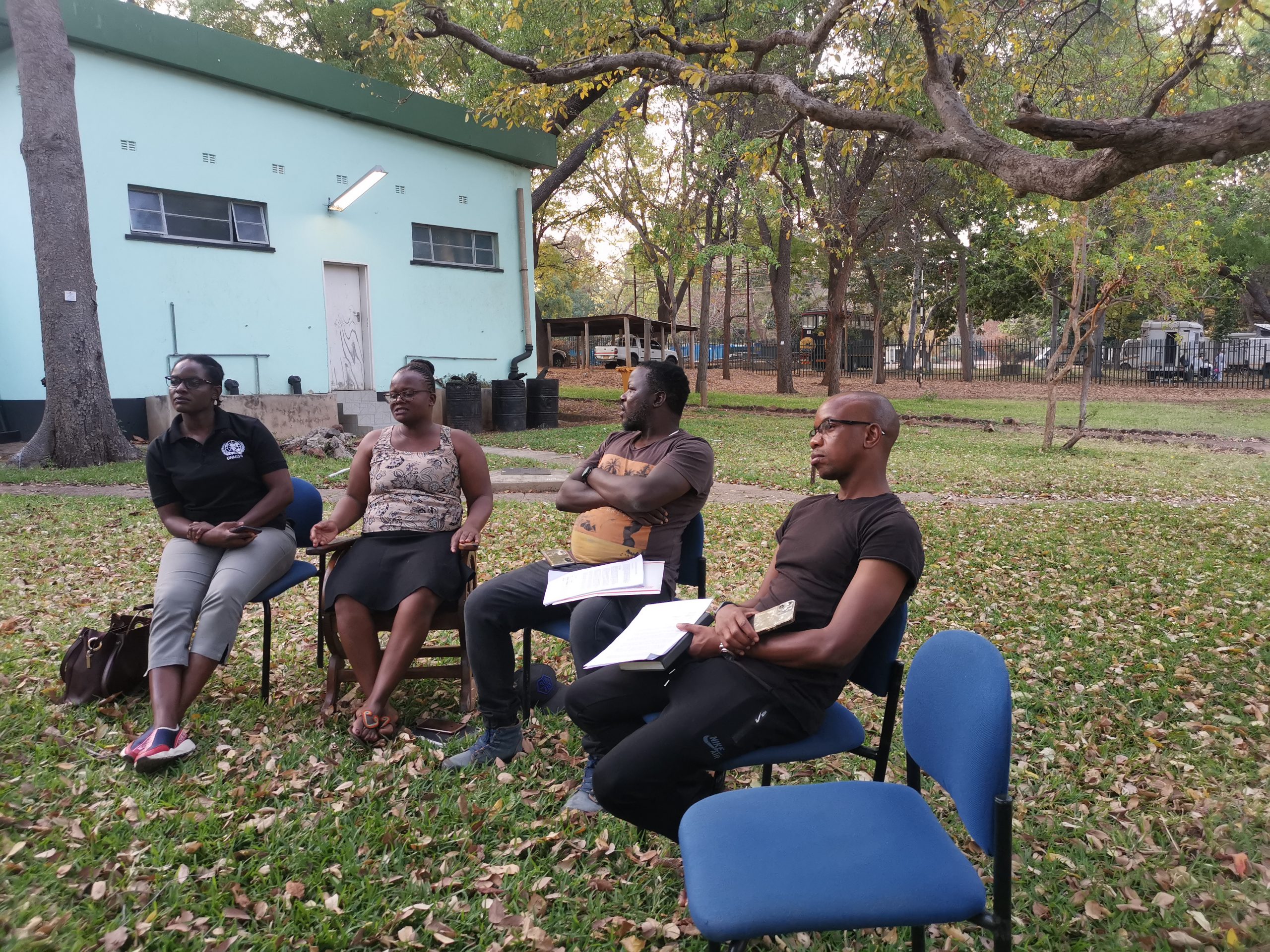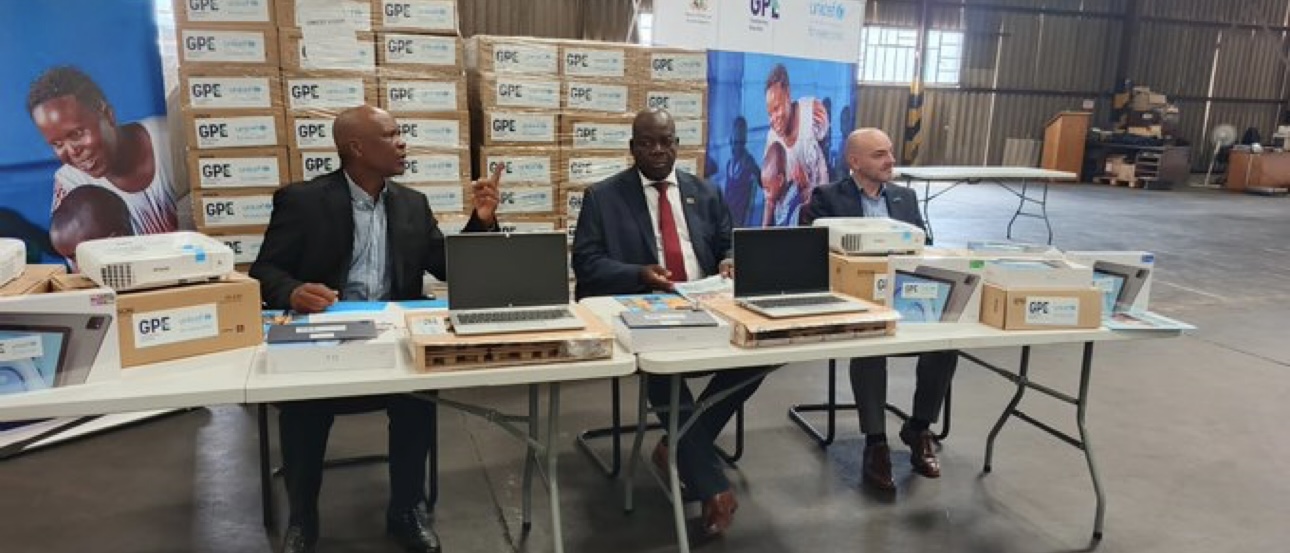BY NOKUTHABA DLAMINI
Victoria Falls ratepayers are boycotting the city council’s 2023 budget consultations as they are demanding answers on various allegations of corruption scandals that have rocked the local authority.
The budget meetings that started this week failed to take off on two consecutive days as residents stayed away while demanding to be first addressed about the alleged irregular sale of commercial stands, a US$89 000 loan that was given to town clerk Ronnie Dube to buy a car and a luxury car for the mayor.
A budget meeting that was organised the business community comprising of tourism operators, non-profit organisations and special interests groups saw only five residents attending.
Four of the people that attended the meeting were members of the Victoria Falls Combined Residents Association (VIFACORA) while a meeting for wards nine and 10 that was held at Mosi-Oa-Tunya High School had less than 20 residents.
Those who attended the meetings demanded answers from the local authority on how it was handling its funds given the latest scandals.
VIFACORA and some residents accused some council employees and councillors of shifting from the core mandate of service delivery to pursue corrupt deals for personal gain and this has impacted negatively on council’s finances.
In both meetings, residents demanded accountability on the sale of stand 8300 to the lowest bidder yet the highest bidder had offered more than double the amount.
VIFACORA chairperson Kelvin Moyo said residents’ concerns must be addressed before the budget could be formulated.
“This stand was earmarked for the state-of-the-art hospital that was supposed to be built before Covid-19, but the investor was affected by the pandemic,” Moyo said.
“After that it was resolved that it must be retendered and at the time it was valued at US$14 million and then then investor was supposed to build two reservoirs in Mkhosana, which was to deal with perennial water challenges there, especially between the months of august to November,” Moyo said.
The residents are querying how the stand was bought by the lowest bidder.
“There are a lot of questions that residents are asking,” Moyo said.
“They want to know what exactly happened (on the stand issue) and we feel this should be addressed in order to bring confidence to residents before we continue with the budget formulation.”
Residents said they also needed an explanation on circumstances that saw town clerk Ronnie Dube getting a US$89 000 to buy a car with a 25 percent discount and at the interbank rate.
“We all know what that means,” VIFACORA secretary general Trymore Ndolo said.
“Additionally, the same vehicle bought using council funds becomes personal property entitling the town clerk to claim mileage on it, which means that in the end council will repay the loan and more.
“The town clerk has a contractual office vehicle, which should have been bought as a priority over the personal vehicle loan and where is the signed loan agreement, did he get a loan without signing a loan agreement or an offer?”
Residents are also demanding answers on council’s proposal to give mayor Somvelo Dhlamini a Toyota Fortuner vehicle as a golden handshake at the end of his term next year without a full council resolution.
“The resources are not theirs to squander, but ours to protect for the benefit of everyone and future generations,” Ndolo said.
“At this rate nothing will remain of our beautiful city.”
Other issues include the controversial leasing of the council brewery for 15 years without proper procedures being followed.
Residents also queried why councillors were not attending the budget meetings.
Councils’ finance director Neville Ndlovu in response said residents who felt aggrieved should always raise questions with the local authority.
“I know there is so much information that goes out and we have seen so much in the media, (but) those things have nothing to do with the budget processes that we are currently doing,” Ndlovu said.
“If stakeholders have issues they feel they need clarification on, council officials are available from Monday to Friday (where) we do those engagements because this will actually hamper other progress because as it is now.
“We need to do the budget for 2023 because come January one, we have not really completed the process, we will have not a budget to work with.”
Budget meetings in other wards are scheduled for today and Friday.

 Slider3 years ago
Slider3 years ago
 National4 years ago
National4 years ago
 Tourism and Environment4 years ago
Tourism and Environment4 years ago
 Special reports4 years ago
Special reports4 years ago
 Opinion4 years ago
Opinion4 years ago
 National4 years ago
National4 years ago
 National3 years ago
National3 years ago
 National3 years ago
National3 years ago



